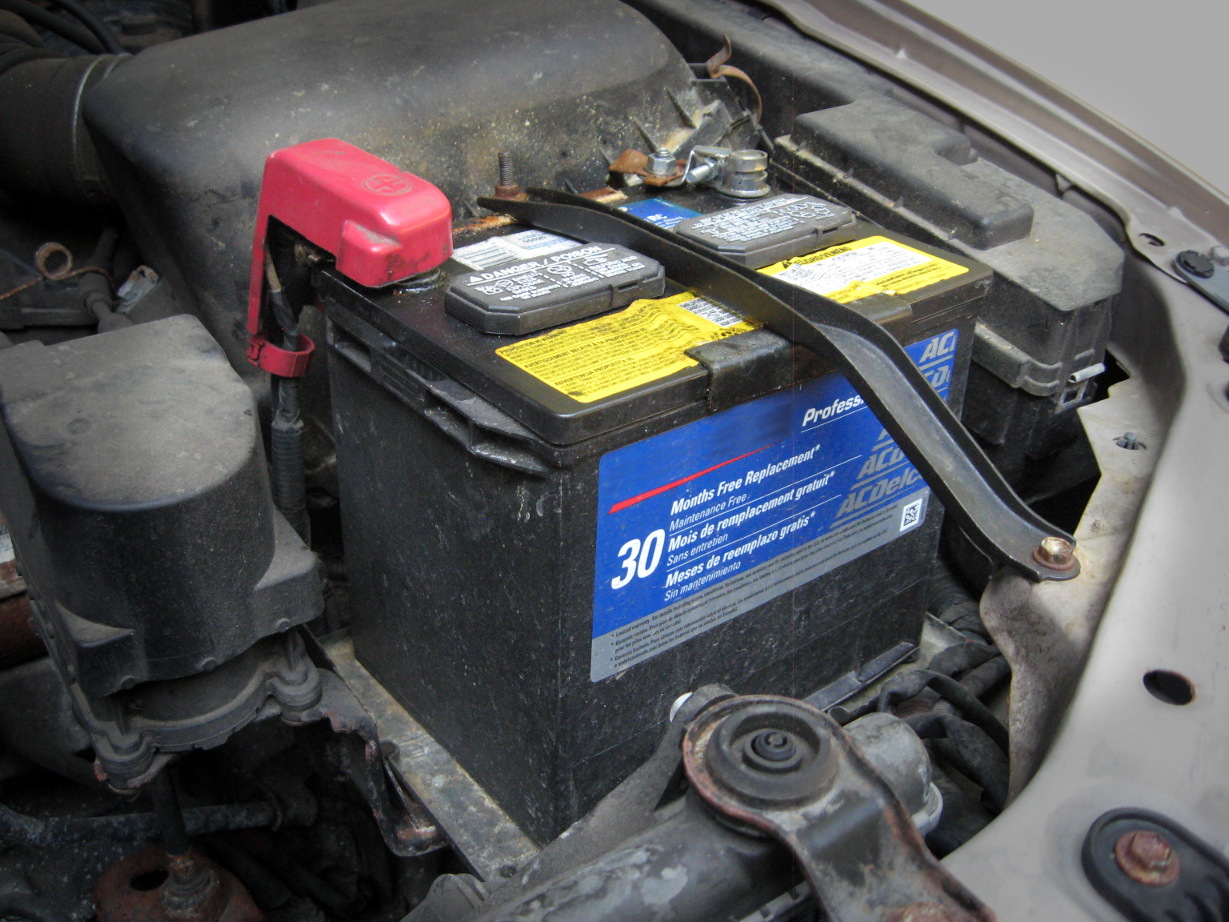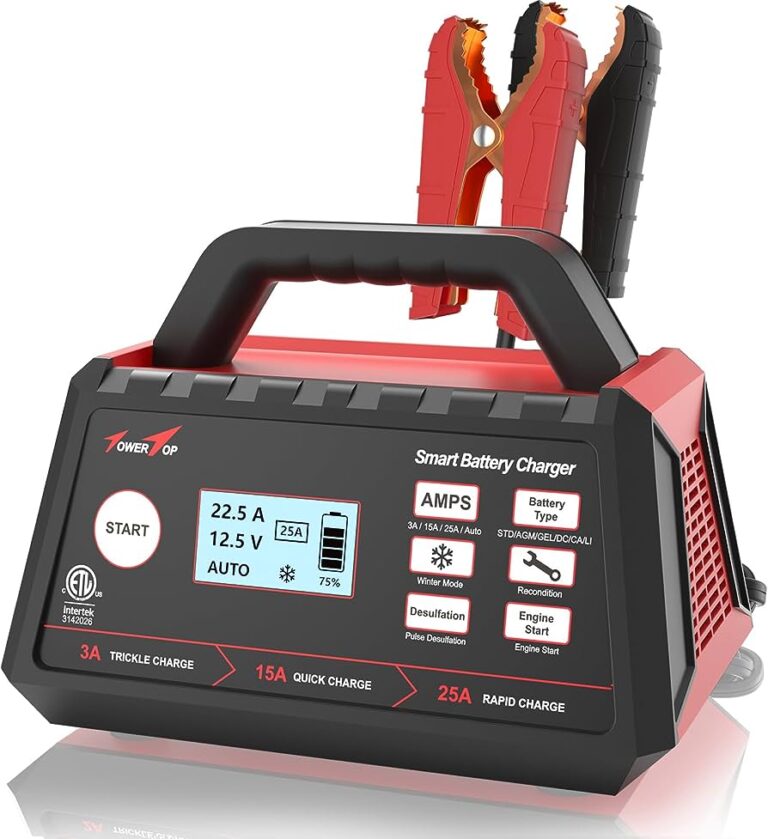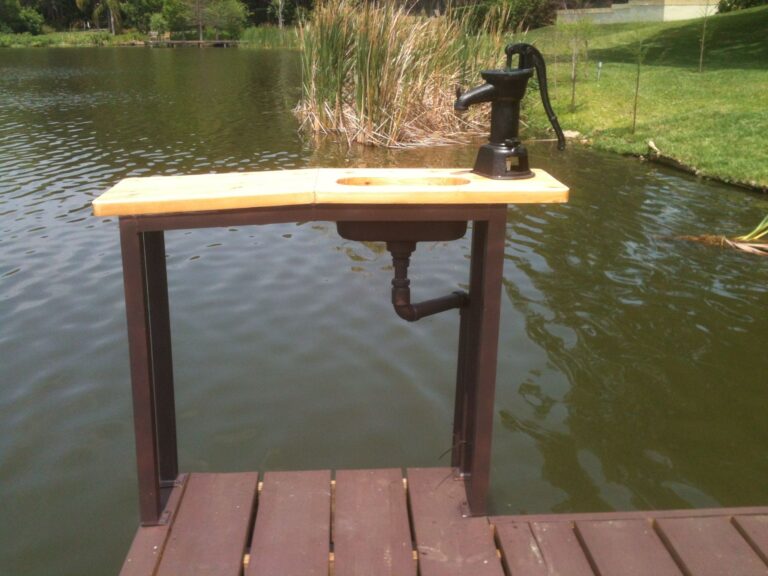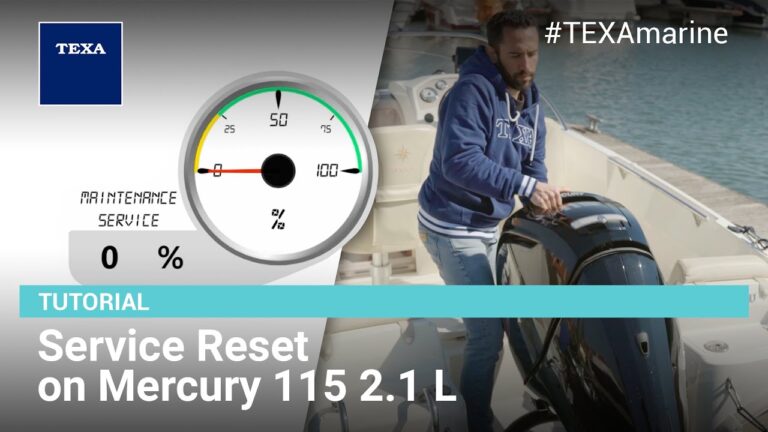Can Batteries Electrocute You in Water
Batteries cannot electrocute you in water. When exposed to water, batteries may corrode or become damaged internally, leading to overheating, ignition, rupture, or leakage, but they do not generate electric shocks.
Understanding The Risks
Water and electricity can be a dangerous combination. Exposing batteries to water or moisture can have serious consequences. When batteries come into contact with water, they can corrode and damage the internal safety devices. This damage can lead to overheating, ignition, rupture, or leakage.
In the case of AA batteries, if they are submerged in soapy water, the negative and positive charges would cancel each other out, dissipating energy as heat. This means you wouldn’t electrocute yourself by touching them. However, it’s essential to note that fully-charged batteries may leak toxic chemicals when submerged in water, posing a risk to those around them.
So, while you may not be electrocuted by batteries in water, it’s still crucial to handle them with care and avoid exposing them to moisture.

Credit: www.amazon.com
What Happens When Batteries Get Wet?
What happens when batteries get wet? When batteries get wet, it can lead to corrosion and damage to the battery’s safety devices. Water can corrode or damage the internal components of the battery, causing it to overheat, ignite, rupture, or leak.
If a battery is exposed to water or moisture, it is important to remove it and ensure it is dry before using it again. The presence of water can compromise the safe operation of the battery and pose a potential danger.
It is essential to handle batteries with care and keep them away from water to prevent any accidents or damage.
Can Batteries Electrocute You In Water?
Exploring the myth of whether batteries can electrocute you in water reveals interesting facts. Factors such as the conductivity of water and short-circuiting play a role in understanding battery safety. When a battery is submerged in water, it does not possess enough voltage to cause an electric shock.
The negative poles of the batteries short-circuit with the positive poles, resulting in the cancellation of any charge. Energy is dissipated in the form of heat, causing the batteries to warm up slightly and then cool down. Therefore, electrocution from batteries in water is highly unlikely.
However, it is important to note that exposing batteries to water can result in corrosion, damage to internal safety devices, and potential ignition or leakage. While the risk of electrocution may be minimal, it is advisable to handle batteries safely to prevent other hazards.
Frequently Asked Questions On Can Batteries Electrocute You In Water
What Happens If Batteries Go In Water?
Exposing batteries to water can corrode or damage them, causing overheating, ignition, rupture, or leakage.
Can A Aa Battery Shock You In Water?
No, a AA battery cannot shock you in water as the water would short-circuit the battery and cancel out any charge.
What Happens If A Battery Falls In A Bathtub?
If a battery falls in a bathtub, it can corrode or damage the internal safety devices and cause overheating, ignition, rupture, or leaking.
What Happens If You Touch A Battery With Wet Hands?
If you touch a battery with wet hands, it will not shock you. Batteries do not have enough voltage to cause a shock.
Conclusion
So, can batteries electrocute you in water? The answer is no. When batteries are submerged in water, any charge they may have is cancelled out by the conductive properties of the water. This means that you cannot receive an electric shock from a battery in water, even if it is a large marine battery or a small AA battery.
However, it is important to note that while batteries may not electrocute you in water, they can still be hazardous. Water can damage the internal safety devices of a battery, causing it to overheat, ignite, rupture, or leak. It is crucial to avoid exposing batteries to water or moisture to prevent these potential dangers.
While batteries in water do not pose an electrocution risk, it is important to handle them with care and keep them away from water to prevent any potential hazards. Be cautious and responsible when handling batteries to ensure their safe use.







